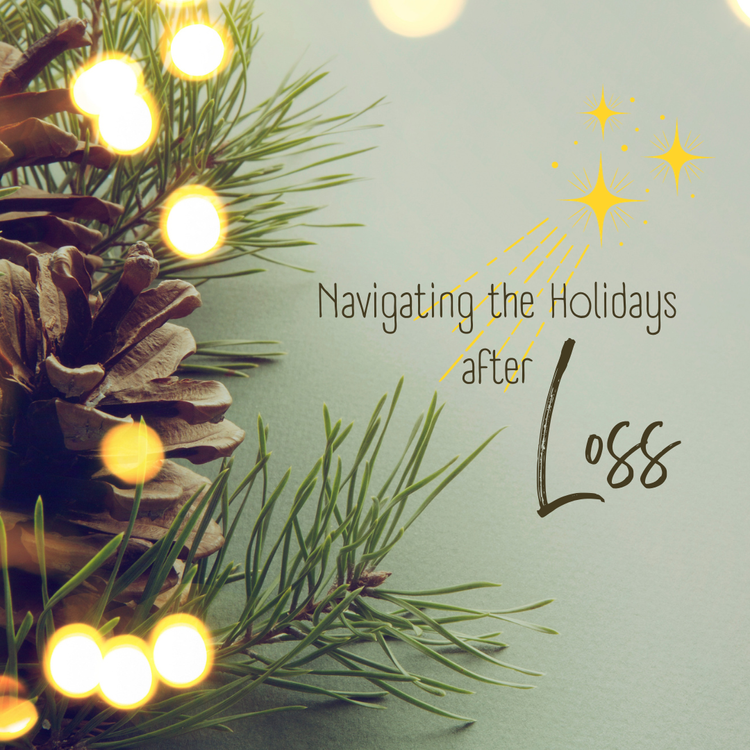Recognizing Triggers Surrounding The Holidays
The holiday season, while often associated with joy and celebration, can be an emotionally challenging time for those who have experienced the loss of a loved one.
When inviting someone to your holiday get-together, please be sensitive of potential triggers they might experience while at your home. As much as we try to create a joy-filled environment during the holidays, we also need to be aware of might be difficult for the grieving.
Recognizing potential triggers is an essential step towards navigating this period with sensitivity and compassion.
*Attending parties/gatherings.
This goes for family vacations, outings and traditions that used to be celebrated together. They want to belong where they feel like they don’t belong anymore. These gatherings can often be a stark reminder that their lives have permanently changed. Invite them, even if you have reservations about how they might feel, and then have a conversation about it. If you’re thinking it, they’re thinking it. They are torn with their old life and their new one.
*Festive Decorations and Music.
The sight of holiday decorations or the sound of familiar tunes can serve as potent reminders of happier times spent with the person who is no longer here. They’ve probably already struggled through decorating their own home. Personal holiday decor such as stockings, trees, and ornaments have a different meaning when they’re missing family members. Tip: Ask if you can add a special twist to your decor in memory of their loved one. Tip #2: Ask if they want company when decorating their own home for the holidays.
*Traditions and Rituals
Participating in family traditions or activities that were once shared with the departed can bring forth strong feelings of loss and nostalgia. Tip: Make sure they know they are welcome in your own family’s traditions and ask if there is any special event they still want to go to in which you can attend with them.
*Empty Spaces and Absences
Empty chairs at the dinner table or spaces that were once filled by your loved one can be powerful visual triggers. Have the conversation with them beforehand if they would like to set a special place setting for their loved one. Most likely, they would appreciate the gesture.
*Gift-Giving
Choosing gifts for others or receiving gifts without being able to share the experience with your loved one can be a brutal reminder of their absence. Tip: Give a donation in honor of their loved one and ask if there is any special cause they were passionate about.
*Food and Recipes
Preparing or consuming dishes that were once associated with your loved one can be a bittersweet experience. Be aware of any triggers ahead of time before serving those dishes. It can also be an opportunity to honor them by sharing a signature dish of their loved one.
*Reflection and Memory Sharing
Engaging in conversations or activities that prompt memories and stories about the departed can bring both comfort and sorrow. However, sharing your favorite moments and special stories of their loved one can bring much joy during reflection. Avoidance altogether of someone they’ve lost often brings anger and resentment that their loved one might have been overlooked or forgotten.
It's important to remember that identifying triggers is not about avoiding them entirely, but about being mindful of how they may impact emotions. Discussing possible triggers allows you to approach those you care about who are navigating the holidays without their loved with compassion and a better understanding of what they need.

